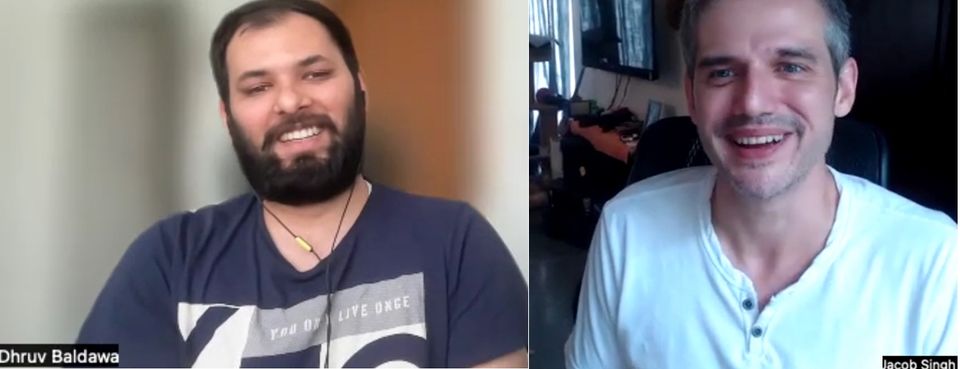Being a leader, you are frequently privy to what people think about other people in your organization and related organizations. This isn't a bad thing - it is part of being a safe space for your team. But it can cloud your judgement. And sometimes, the giver of the criticism asks you to, or you assume you should, go talk to the other party and try to change their behavior.
In most cases you shouldn't and here's why:
Many believe the main issue with anonymous feedback is that the giver lacks accountability and so it won't be taken seriously. But it is taken more seriously and causes another problem.
As social monkeys, our comfort (and performance) is highly dependent on feelings of social security. The only thing worse than knowing everyone hates you is wondering if everyone hates you.
With anonymous feedback you know someone had a problem with your behavior but you don't know who or how much of an issue it really is. One person? Everyone? Someone who can harm your career?
But anonymous feedback also robs the giver of something important: perspective. By creating a transaction as opposed to entering into a conversation, they are only expressing their side. The are not understanding why the receiver behaved that way.
There may be good reasons for their behavior which the giver should consider, or there may be bad reasons that other people will have in the future and it is worth understanding them.
The giver in an anonymous format is also now susceptible to confirmation bias because they have not contextualized the receiver's experience. Any hint of repeat behavior will immediately trigger the confirmation and increase the cycle of conflict.
In any request to change another, we are inadvertently changing ourselves. Doing this without a conversation leaves us more susceptible to bias and conflict.
Given all of this, in organizations I run in the future, I will not encourage anonymous feedback and certainly will avoid at all costs being the relayer of such feedback.
Authenticity, candor and equanimity is a harder path, but for a sustaining culture, it's a path worth taking.


